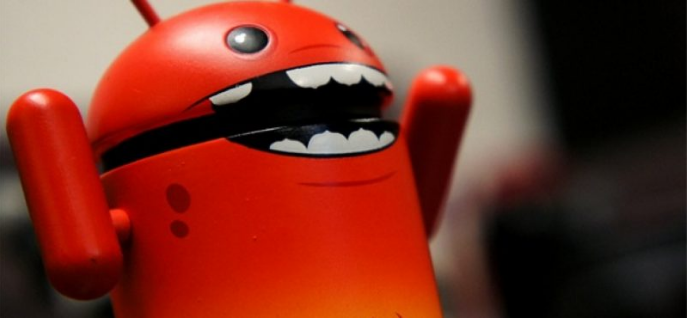
Although it's not often that we hear about Windows malware affecting Android apps, apparently, it is happening to 132 applications which were available on the Play Store. According to Palo Alto Networks security firm, all of these apps have Indonesian developers. Having said that, they also assured that in spite of the apps originating from the same geographical area, the developers are most likely not connected with each other. In fact, it is very likely that the developers are not even aware of the malware and were being victimized themselves.
The malicious code within the applications are in the form of HTML documents hidden inside other HTML documents; hailed as "tiny hidden IFrames." These documents are responsible for linking out to established harmful domains from inside the applications. If you are wondering what harm these could cause, Palo Alto explains that the malware can be used to, "modify the app's internal logic, i.e., adding rooting utility, declaring additional permissions, or dropping malicious APK file, to escalate their capabilities."
The good news is that Google has already removed these potentially harmful apps from the Play Store now.
Saikat Kar (tech-enthusiast)
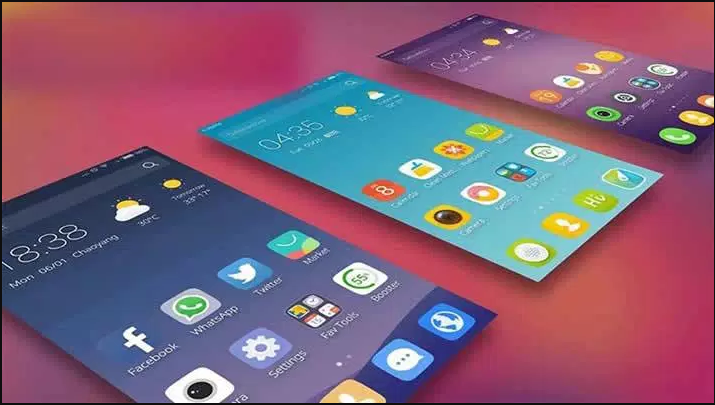
By now, we all know that not all smartphones are created equal. If there's something that sets Android devices head and shoulders above some of their competitors, it's the possibility to customize them to no end. And one of the best ways to personalize your Android experience is through the proverbial lens of a new launcher.
The launcher market is constantly growing as more and more users look for different ways to personalize their Android devices, and more developers creating apps to answer those needs. To be clear, most manufacturers pre-install their own launchers on the Android devices they produce. It's the reason a Samsung phone looks different from an LG, for example. Obviously, that does not have to be the be all and end all of the way in which you phone looks and functions.
Through the use of a launcher app, you can customize your phone with new animations and graphics, and get new features like gestures and widgets. If you're really looking to change the look and feel of your Android device, you can even get a launcher that completely changes the user interface.
How does a launcher work?
The Android operating system uses an interface app to display the entire user interface when you access the home screen on your phone, tablet, or even wearable. Once installed, an Android launcher will replace the standard interface app, changing things like the home screen and the app drawer. It can also become more intuitive and bring your most used apps front and center, but more on that later.
Although both provide personalization options, launcher apps should not be confused with custom ROMs. While you only need to download and install a launcher on your device in order to use it, a custom ROM requires you to root your device. The main difference between a launcher and a custom ROM is that ROMs offer deeper system changes than mere user interface tweaks. However, since rooting your Android might end up causing more damage to a device than it's worth, most users prefer sticking to softer means of personalization.
Launchers allow you to have customization at your fingertips, without the anxiety of possibly causing serious damage to your device.
Why should you use one?
Pretty much all launchers fall in two categories: design or smart.
As the name suggests, a design launcher is created to break free of some of the design limitations your Android device might have, and bring focus to what the user interface looks and feels like. From simple, slick designs, to more intricate ones, the sky's the limit with design launchers. You can also add new custom gestures and icons to further personalize your device. All in all, a design launcher gives you a myriad of customization options for your device's UI, allowing you to basically have the last say on what your device looks like.
Meanwhile, a smart launcher goes beyond design and adapts to how you use your device. It ‘looks' at which apps you use to make them more accessible for you, basically ‘learning' what your priorities are. Depending on what kind of information you provide a smart launcher, you can even see different apps on your home screen depending on the day of the week or time of day. This is all meant to make life easier and create a uniquely customized Android experience.
If you really want a launcher that combines the both categories, smart and design, you should try Redraw Keyboard.
So, there you have it. Whether you're looking to ‘redesign' your phone, tablet or wearable, or make your device a little more intuitive, launchers have you covered on all fronts. All you need to do now is explore the market and find one that best suits your needs!
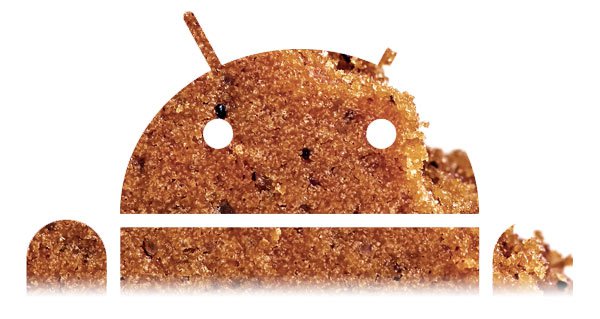
Surveys indicate that about 1.3% of all devices running Android are still running Gingerbread on them and if you are one of those users, it's REALLY time to upgrade. Google has officially declared that all support for Android 2.3.x devices will be discontinued from 2017, as soon as they launch the next version of the Play Services (v10.2).
What this means is that your device will neither be able to load any of the Google Play service applications, nor will it get any updates to the existing apps on it. The minimum OS requirement for availing the Google apps and services will shift to Android 4.0.1 Ice Cream Sandwich, post the launch of Play Services version 10.2 next year.
According to Google, "Version 10.0.0 of the Google Play services client libraries, as well as the Firebase client libraries for Android, will be the last version of these libraries that support Android API level 9 (Android 2.3, Gingerbread). The next scheduled release of these libraries, version 10.2.0, will increase the minimum supported API level from 9 to 14 (Android 4.0.1, Ice Cream Sandwich). This change will happen in early 2017."
"The Gingerbread platform is almost six years old. Many Android developers have already discontinued support for Gingerbread in their apps. This helps them build better apps that make use of the newer capabilities of the Android platform. For us, the situation is the same. By making this change, we will be able to provide a more robust collection of tools for Android developers with greater speed."
I would suggest that you upgrade to a very minimum of Android Lollipop 5.1.1 or preferably Android Marshmallow 6.0.1 when you do, because Ice Cream Sandwich is sure to be cut out soon as well.
Head over to https://forum.youmobile.org/downloads/ to find all the latest updates for your smartphone.
Saikat Kar (tech-enthusiast)
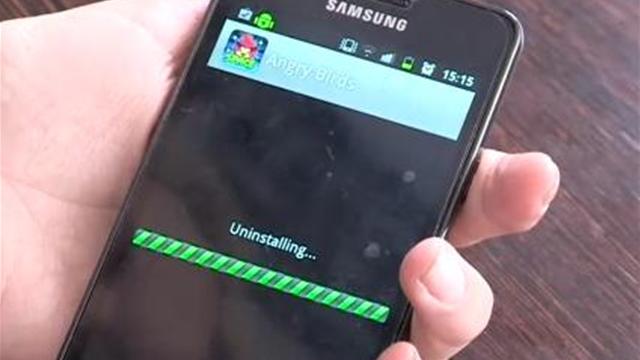
According to a report by Appsflyer, Android users are much more likely to uninstall applications from their smartphones than iOS users. To be more precise, Android users are about twice as likely to uninstall an app from their phone, as compared to an Apple iPhone user. The conclusion was drawn by the analysts after going through data based on 500 apps and about 20 million devices. The comparatively short-lived interest in multiple apps, as exhibited by the Android populace could be a result of any one or multiple of the following reasons.
Android users outnumber iPhone users quite significantly, and unless the data was collected by keeping that fact in mind, the sheer numerical superiority can definitely contribute to such an overwhelming difference in behaviour between the two groups.
The Play Store now officially has more apps than the App Store, but when it comes to quality, the App Store is still leading. The Play Store has a lot of buggy and broken apps on it, which might be the reason why Android users uninstall a lot of the apps just shortly after downloading and using it.
Finally, it could be the absolute low-end, outdated garbage which some of the sellers (including Samsung) still sells to their customer base in developing nations like India, Pakistan, etc. Some of these horrible outdated phones even have internal storage capacities as low as 4GB (Useable memory being anything in between 1.2GB to 2.2GB at most). Add to this the fact that these devices also sport ancient hardware that can't even start the modern games properly and you have an instant answer for a lot of those quick uninstalls.
Saikat Kar (tech-enthusiast)
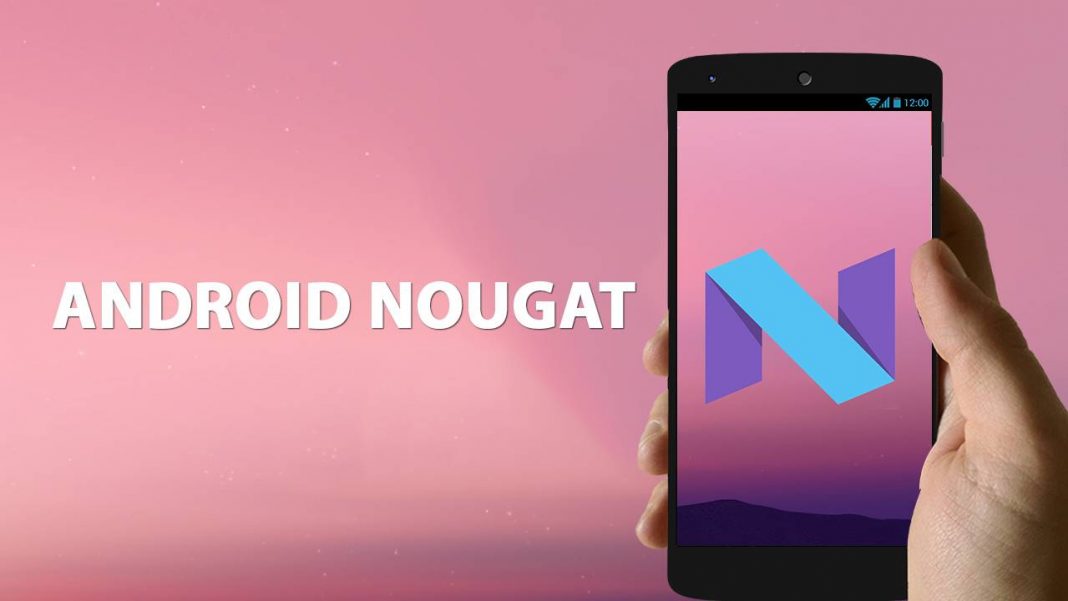
Now that Android 7.0 Nougat is official and out on certain Nexus devices already, it is only natural to be inquisitive about whether or not your Android device is going to get updated to the latest OS from Google. While it would be impossible to predict every smartphone that is going o get the update in the future, we have a list for you today that includes quite a few of the devices that will get official updates to Android Nougat 7.0 or later.
The LG V20 leads the pack as it is going to be the first smartphone to run Android Nougat right out of the box, beating even the likes of the Google Pixel and Pixel XL. However, there are certain rumors which point out that the two Pixel phones might just be launched with Android 7.1 Nougat, which is going to be the next version of the OS. Check below to see if your current or next smartphone made the list. Even if it didn't, if it's a high-end upcoming device, it will probably get Nougat sooner or later.
· LG V20
· Google (HTC) Pixel and Pixel XL
· Google Pixel C
· Google Nexus 9
· Google Nexus Player
· Google Nexus 5X
· Google Nexus 6P
· Google Nexus 6
· General Mobile 4G (Android One)
· Samsung Galaxy Note 5
· Samsung Galaxy S6
· Samsung Galaxy S6 Edge
· Samsung Galaxy Edge Plus
· Samsung Galaxy S7
· Samsung Galaxy S7 Edge
· Samsung Galaxy Note 7
· HTC One M9
· HTC One A9
· HTC 10
· Lenovo Moto Z
· Lenovo Moto G4
· Lenovo Moto G4 Plus
· Sony Xperia XZ
· Sony Xperia XA
· Sony Xperia XA Ultra
· Sony Xperia X Performance
· Sony Xperia X
· Sony Xperia X Compact
· Sony Xperia Z3+
· Sony Xperia Z3
· Sony Xperia Z5 series
· Sony Xperia Z4 tablet
· Huawei P9
Saikat Kar (tech-enthusiast)
© 2023 YouMobile Inc. All rights reserved






